”PlasticHotspot” – Plastik Hotspots: Sociale- og fysiske udledere af massiv plastforurening
Plastikforurening af havet er et verdensomspændende problem og der har været stigende fokus på emnet de seneste år. Plastikforurening er observeret i det marine miljø i alle verdensdele, selv i Arktis og Antarktis, men særligt i Sydøstasien er forureningen meget markant og fire lande bidrager til 50% af udledningen af plastik til verdenshavene: Kina, Fillippinerne, Indonesien og Vietnam.
Årsagerne er mange og dette projekt vil undersøge årsager til og effekter af forureningen i et af disse lande, Vietnam. Projektet vil belyse politiske, økonomiske og adfærdsmæssige årsager til den meget omfangsrige forurening samt undersøge hvordan plastikken nedbrydes og spredes i det ferske og marine vandmiljø.
Undersøgelserne af årsagerne til plastikforureningen vil bestå af kvalitative interview-undersøgelser af befolkningen og nøglepersoner beskæftiget med affaldshåndtering, affaldspolitik og regulering og håndhævelse af affaldsregulativer på lokalt, kommunalt og nationalt niveau.
Nedbrydningen og spredningen i floder og det marine miljø vil blive undersøgt ved kombination af laboratorieforsøg og forsøg og målinger i vandmiljøet. Der vil blive fokuseret på mekanisk og bakteriel nedbrydning af plastikfragmenter til mikroplast. Særligt den bakterielle nedbrydning forventes at være udtalt i et tropisk miljø som det Vietnamesiske.
Samspillet imellem det fysiske og biologiske vandmiljø og mikroplast-partikler resulterer også i at mikroplastik, fytoplankton, zooplankton og organiske og uorganiske partikler vil danne aggregater der generelt øger sedimentationen af partiklerne og dermed har indflydelse på spredningen og aflejringen af plastpartiklerne i det marine miljø.
Dette samspil vil også blive undersøgt i detaljer, både i form af kontrollerede laboratorieforsøg og prøvetagninger og målinger af plastik i flodvand, havvand og sedimenterne på havbunden.
”PlasticHotspot” – Plastic Debris Hotspots: Societal and physical drivers of massive plastic pollution
Plastic pollution in the marine environment is a global problem of increasing focus in recent years. Marine plastic pollution is observed in all parts of the globe, even in the Arctic and Antarctica, but pollution is particularly severe in Southeast Asia. Four countries: China, the Philippines, Indonesia and Vietnam contribute 50% of plastic emissions to the world’s oceans.
This project will investigate the causes and effects of this global hotspot of plastic pollution in one of the key countries, Vietnam. On the one hand, the project will elucidate the political, economic and societal causes of the large-scale pollution. On the other hand, it will investigate how the plastic breaks down and spreads in the riverine and marine aquatic environment.
Investigations into the causes of plastic pollution will consist of qualitative interview surveys with the local population and key persons involved in waste management, waste policy and regulation, and enforcement of waste regulations at the local, municipal and national level.
The degradation and dispersion of plastic into rivers and the marine environment will be investigated by combining laboratory tests with field-based experiments and analyses. One focus area is the mechanical and bacterial degradation of plastic fragments to micro-plastic. The high concentration of plastic particles, combined with the high saline, tropical setting of the Vietnamese bay is expected to influence bacterial degradation rates. These degradation rates will be further influenced by dominant plastic type, the microbial community profile, transport and settling processes, and the particular geochemical properties of the water column. The interaction between the physical and biological aquatic environment and microplastic particles also results in the formation of aggregates consisting of microplastics, phytoplankton, zooplankton, and organic and inorganic particles.
This aggregation generally increases sedimentation of the plastic particles and thus influences the dispersion and deposition of the particles in the marine environment. This interaction will be studied in detail, both in the form of controlled laboratory tests and sampling and measurements of plastics in river water, seawater and sediment on the seabed.
Projektleder
Thorbjørn Joest Andersen
Institut for Geovidenskab og Naturforvaltning
E-mail: [email protected]




